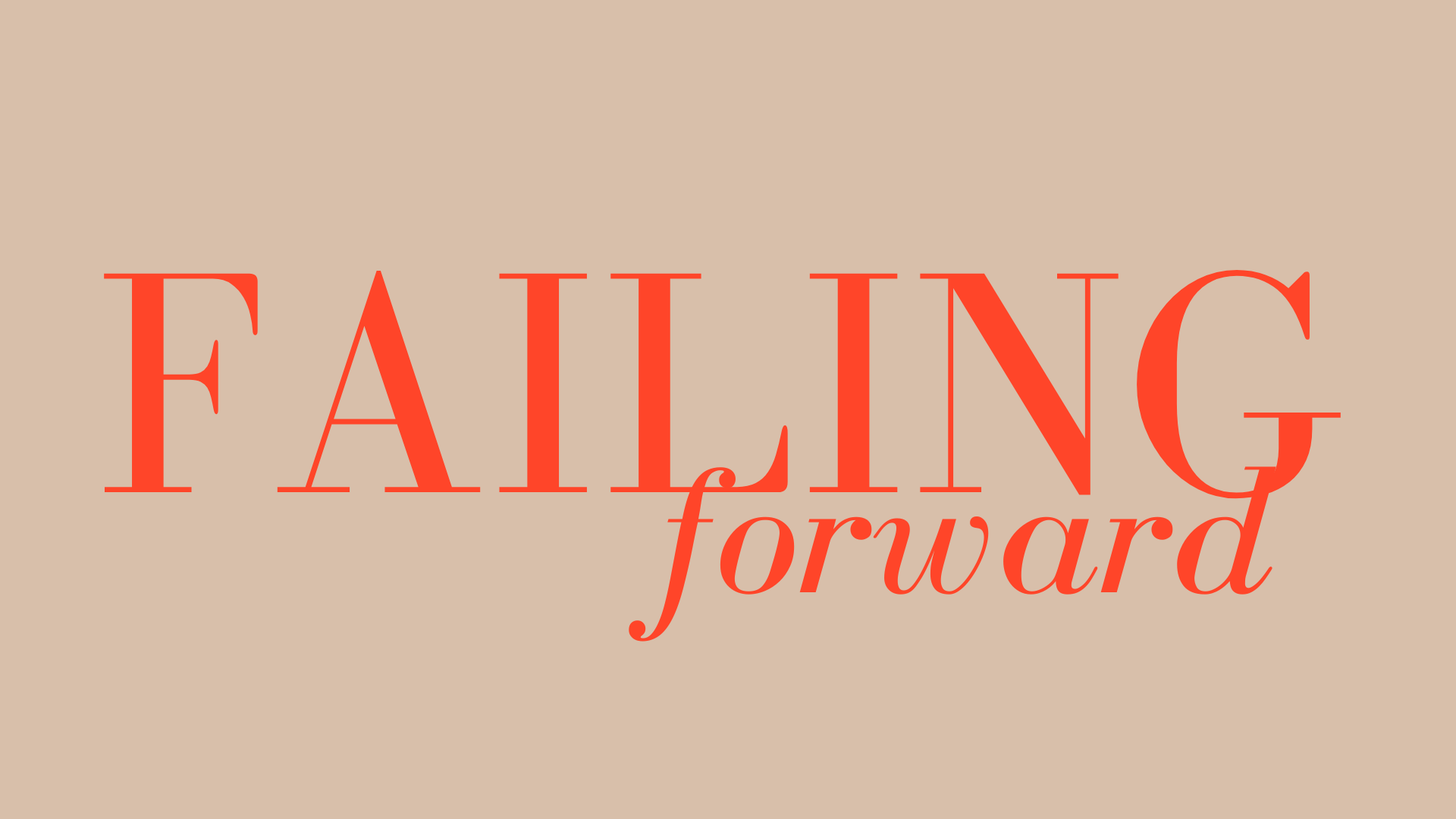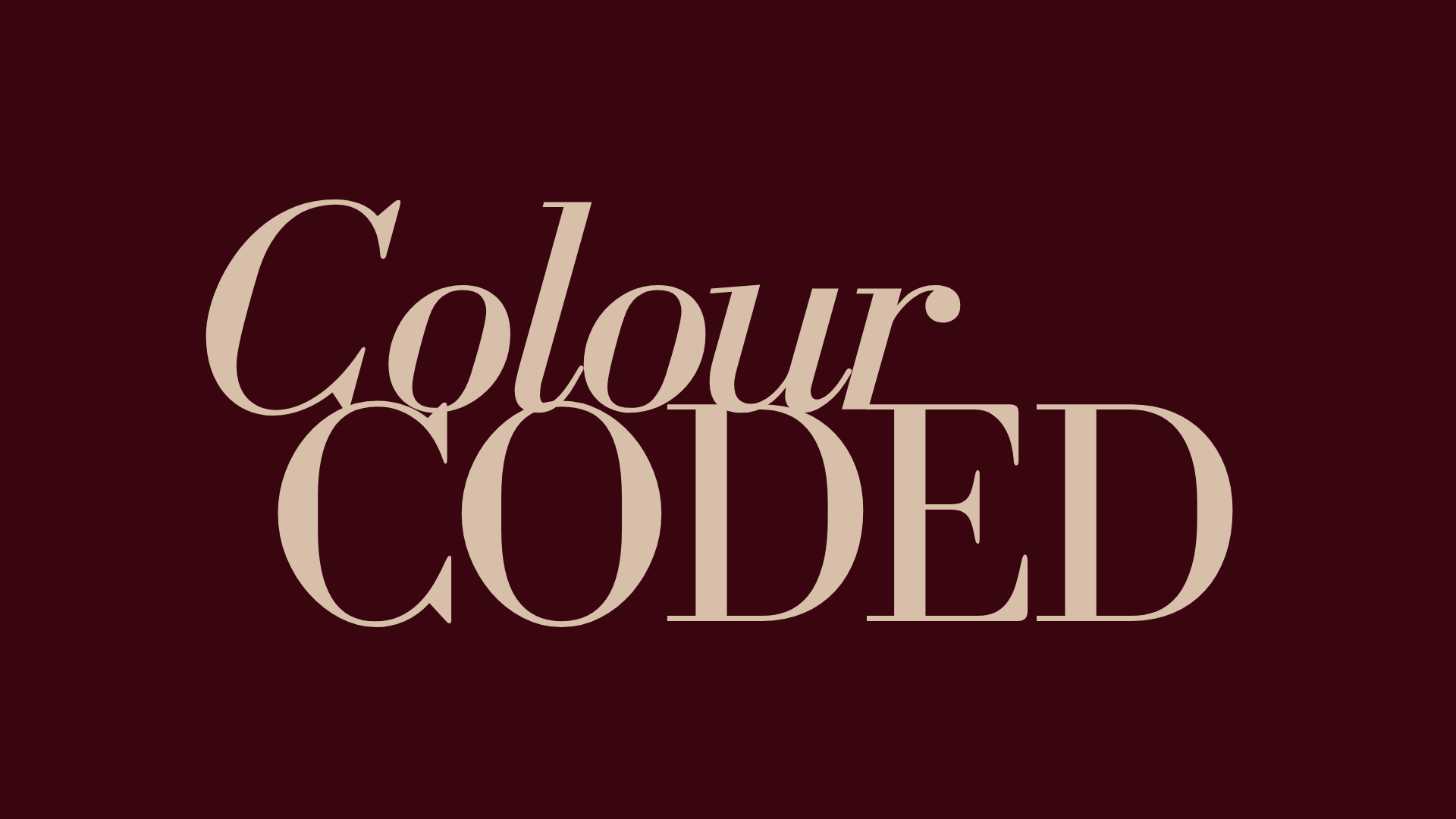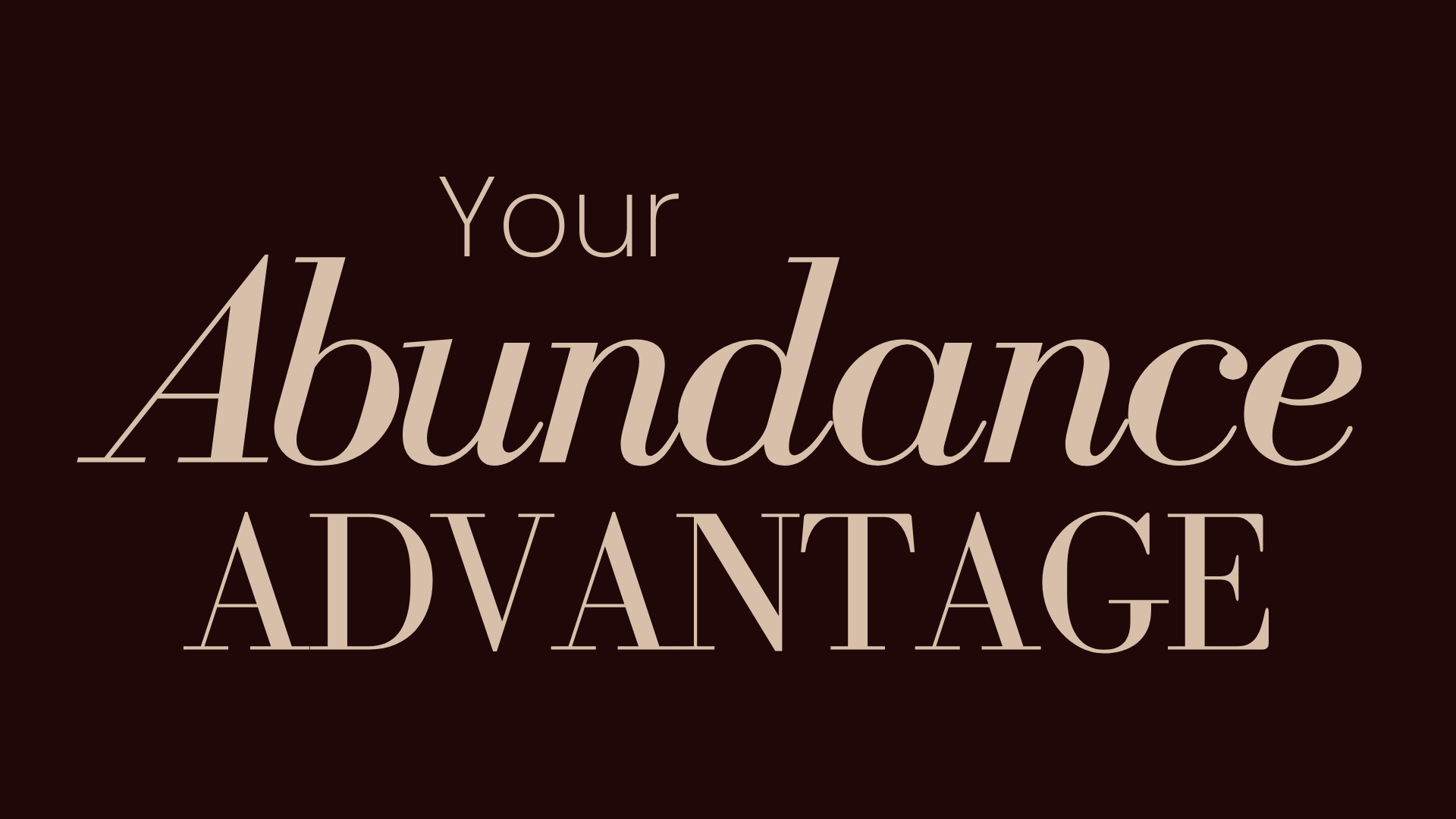The Rise of the Anti-Expert: How Personal Brands are Winning Over Credentials
Personal brands are proving how a relatable tone of voice trumps an authoritative one. Build influence based on experience, knowledge and personality instead of institutional validation.
If you pay attention to alternative media, you might have noticed there’s a debate slowly simmering online between the “experts" versus “non-experts”. The traditionally qualified and credentials-clad versus unofficial enthusiasts who have taken their passion for particular topics and created communities around it.
The appetite for authentic over authoritative personal brands continues to gain traction. Joe Rogan was a trailblazer for this approach. The stand-up comic and UFC commentator became one of the most influential voices in media. He did this without a degree, a PhD or formal qualifications on the topics he covers. Still, millions trust his opinion. He influences culture. Yet, many criticise the guests he platforms as not being experts. And the debate between experts and non-experts has recently started to gain more traction. Those with formal qualifications wave around their degrees, while others rely on real-world experiences and research, which, now, thanks to the internet and modern era, is more readily available than ever.
Elitist authority is losing its influence while relatable voices rule. Traditional markers of expertise - degree and job titles don’t have the same weight in the world they once did. Instead, we’re witnessing the rise of the anti-expert: creators and entrepreneurs who build their personal brands not though institutional validation, but through authentic and relatable voices.
So, how can you build your personal brand as an anti-expert?
1. Experience over expertise
When it comes to pursuing a traditional 9-5, formal qualifications can carry more weight. They look great on your resume and LinkedIn profile. Your YouTube viewers and podcast listeners, however, are likely conditioned to care less about your official credentials. Creators share their real-world experiences. For example, take a $100 million-dollar deal maverick, Alex Hormozi. His fans care less about his business school qualifications, and more about the businesses he’s actually built and the relatable way he talks about them as he sits with viewers wearing his casual clothes.
Use your personal brand to tell stories and share real-world experience instead of only quoting research and published papers. It’s the personal touch that makes people want to connect with personal brands, instead of picking up a journal article in their spare time.
2. Learn out loud, instead of lecturing
You don’t have to be an expert to share your knowledge or interests. You can learn out loud and invite others to learn along with you. Like marketing guru, Gary Vee, has famously popularised:
“Document, don’t create.”
To build your personal brand, you don’t have to have all the answers; you can simply ask questions and explore your ideas. You can practise in public. You can be interested in whatever you choose to be interested in.
If you’re been paying attention to pop culture, you might have noticed that “internet sleuths” have been taking over the media. TikTokers, Instagrammers, podcasters and YouTubers, for example, have become the new media. Using their citizen journalism skills to scour the internet for clues in the latest scandals or conspiracy theories. These amateur journalists regularly scoop household names in the mass media weeks before traditional media catches up.
Even the biggest names in alternative media are regularly asking their audiences what they think or what they can find along with them. They position themselves to feel less like an authority and more like a peer.
3. Imperfect over perfectly polished personal brand
Learning out loud and being curious means not having to be perfect. From your editing to your ideas, unpolished personal brands are more relatable than perfectly scripted communications.
Share when you know you aren’t an expert on something, or are just diving into a new area of interest for the first time. Your curiosity, not your credentials, makes you relatable. If everyone only wanted to learn from perfectly qualified professionals, everyone would be in university. But, we tune into YouTube and put on our podcasts, because relatable voices online generally have more appeal than even the best of college lecturers.
So, if you feel like you aren’t an ‘expert’ yet, this could be your advantage. Embrace being the anti-expert as a part of building your personal brand.




